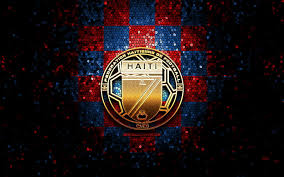Haiti FC is quickly establishing itself as a significant player in the realm of Caribbean football, showcasing talent and ambition that resonates beyond the borders of its homeland. As the passion for the sport grows among locals and international observers alike, this club represents not just a team but a movement destined to shape the future of football in Haiti and the wider Caribbean region.
The Historical Context of Football in Haiti FC
Haiti’s love affair with football can be traced back to the early 20th century. Over the decades, the game has mirrored the socio-political landscape of the nation, making its development uniquely intertwined with Haitian culture king88.
Early Beginnings and Development
Football was introduced to Haiti by European settlers and quickly took root in the fabric of society. The late 1930s saw the establishment of organized leagues, providing a platform for local talent to shine.
The formation of clubs during this period laid the groundwork for a competitive environment. Local communities rallied around their teams, fostering a spirit of camaraderie and pride. The national team began to gain recognition on the international stage, with landmark moments such as their participation in the 1974 FIFA World Cup.
Political Turbulence and Its Impact on Football
Haitian politics have always been a rollercoaster ride, marked by periods of stability followed by chaos. In times of unrest, sports often served as a distraction and a unifying force. Football matches became more than just games; they were events where people could momentarily escape the struggles of daily life.
However, frequent political upheavals resulted in inconsistent support for football infrastructure and development programs. Clubs like Haiti FC faced challenges in terms of sponsorship, facilities, and long-term planning. Yet, amidst these obstacles, the resilience of the players and fans led to an unwavering commitment to the beautiful game.
Rise of the Modern Era
In recent years, there has been a concerted effort to revive and formalize football in Haiti. Local clubs are now better organized, and the emergence of Haiti FC exemplifies this revitalization. This transformation is driven by both grassroots movements and international partnerships aimed at enhancing the quality of football in the country.
With the resurgence of interest in both domestic leagues and the national team, there’s a palpable sense of optimism. Clubs are investing in youth academies and training facilities, ensuring that the next generation of Haitian footballers has the tools to succeed.


